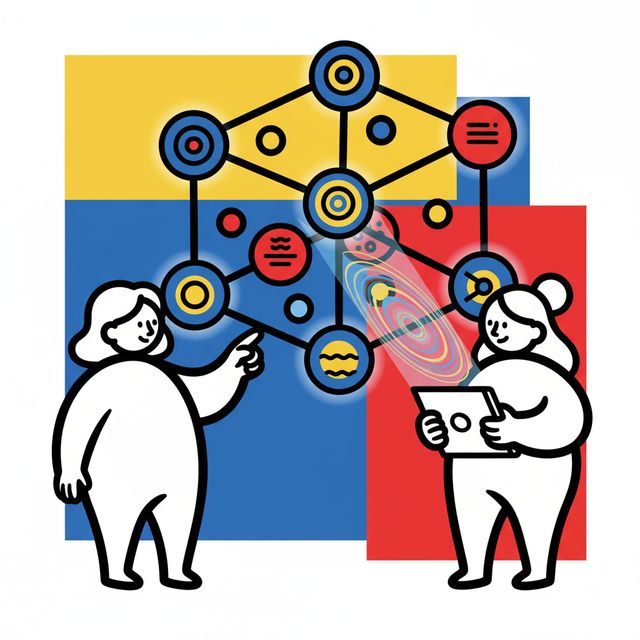Quantum Algorithms
Quantum algorithms are a fascinating and rapidly developing area of computer science. They offer the potential to solve problems that are intractable for classical computers, such as finding the prime factors of large numbers or simulating the behavior of complex molecules. If you are curious about the potential of quantum computing or if you are looking to develop your career in this field, then learning about quantum algorithms is a great place to start.
Why Learn Quantum Algorithms?
There are many reasons why you might want to learn about quantum algorithms. First, they are a fascinating and intellectually stimulating subject. Quantum algorithms offer a glimpse into a new world of computing, where the laws of quantum mechanics allow us to perform tasks that are impossible for classical computers. Second, quantum algorithms have the potential to solve important problems that are currently intractable for classical computers. For example, quantum algorithms could be used to develop new drugs, design new materials, or improve our understanding of the universe. Third, learning about quantum algorithms can give you a competitive advantage in the job market. Quantum computing is a rapidly growing field, and there is a high demand for qualified professionals. By learning about quantum algorithms, you can position yourself for a successful career in this exciting field.
What are Quantum Algorithms?
Quantum algorithms are algorithms that are designed to be run on a quantum computer. Quantum computers are different from classical computers in that they use the properties of quantum mechanics to perform calculations. This allows them to solve certain types of problems much faster than classical computers. One of the most famous quantum algorithms is Shor's algorithm, which can factor large numbers much faster than any known classical algorithm. This has serious implications for cryptography, as many cryptographic algorithms rely on the difficulty of factoring large numbers.
How to Learn Quantum Algorithms
There are many ways to learn about quantum algorithms. You can take online courses, read books, or attend conferences. If you are a student, you may be able to take a course on quantum computing or quantum algorithms. There are also many online resources that can help you learn about quantum algorithms. However, it is important to note that quantum algorithms are a complex topic, and it takes time and effort to learn them. If you are serious about learning about quantum algorithms, then you should be prepared to invest the time and effort to do so.
Careers in Quantum Algorithms
There are many different career paths available to people who have experience with quantum algorithms. Some of the most common careers include:
- Quantum computing researcher: Quantum computing researchers develop new quantum algorithms and study the applications of quantum computing.
- Quantum software engineer: Quantum software engineers design and develop software for quantum computers.
- Quantum hardware engineer: Quantum hardware engineers design and build quantum computers.
- Quantum algorithm consultant: Quantum algorithm consultants help businesses and organizations to understand and use quantum algorithms.
Online Courses on Quantum Algorithms
There are many online courses available on quantum algorithms. These courses can teach you the basics of quantum computing and quantum algorithms, as well as more advanced topics. Some of the most popular online courses on quantum algorithms include:
- Quantum Computing for Everyone by edX
- Quantum Algorithms by Coursera
- Quantum Computing Algorithms by Udacity
- Quantum Computing: The Next Revolution by FutureLearn
These courses can be a great way to learn about quantum algorithms and to get started with developing your own quantum algorithms. However, it is important to note that online courses alone are not enough to fully understand quantum algorithms. You will also need to supplement your learning with other resources, such as books and research papers. By learning about quantum algorithms, you can position yourself for a successful career in this exciting field.


